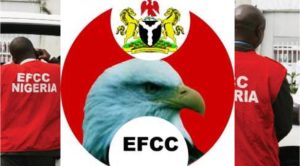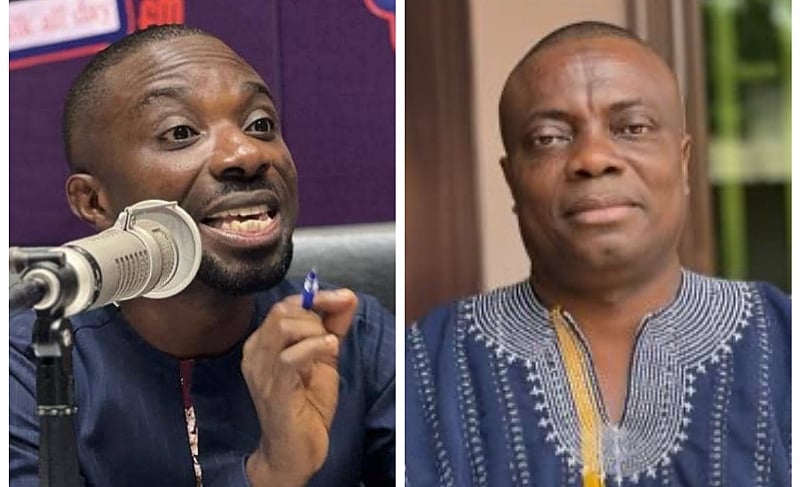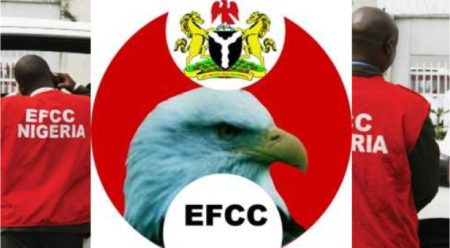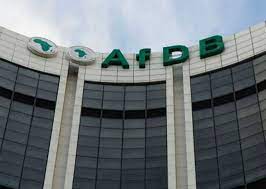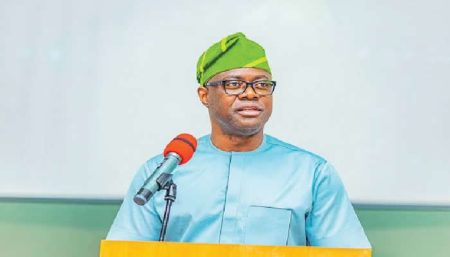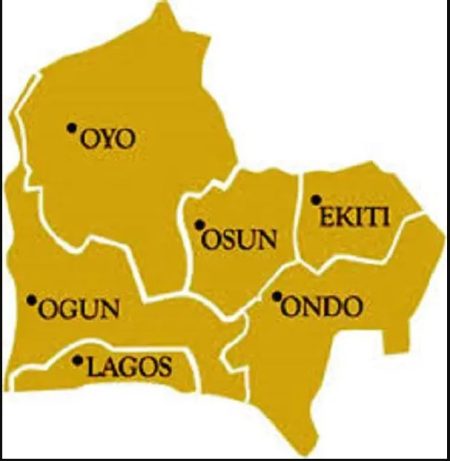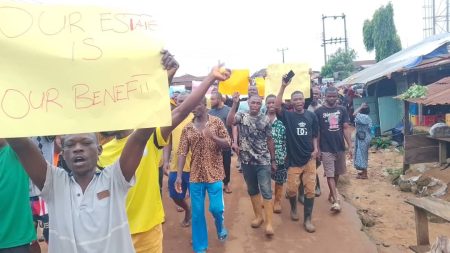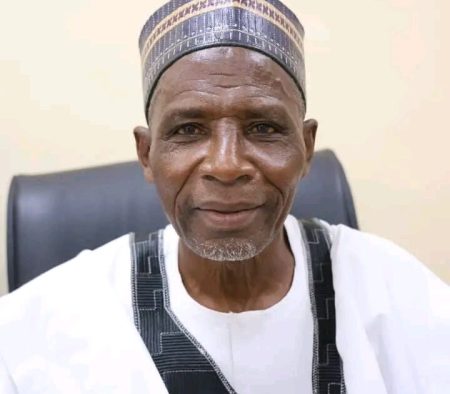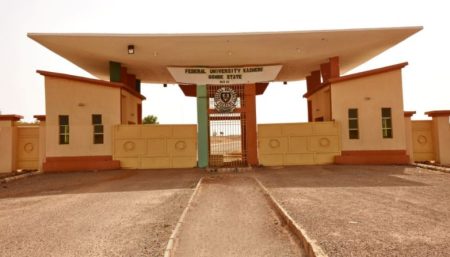Dennis Miracles Aboagye, an aide to former Vice President Dr. Mahamudu Bawumia, has launched a scathing critique of Global InfoAnalytics, a research firm, and its recent national tracking poll concerning public support for the controversial fuel levy, often referred to as the “dumsor levy.” The poll indicated that approximately 56% of Ghanaians, including some members of the opposition New Patriotic Party (NPP), favor the levy. Aboagye, however, vehemently rejects these findings, questioning the credibility of Global InfoAnalytics and its director, Mussa Dankwah. He accuses the firm of fabricating poll results to create a narrative favorable to the Mahama-led government, suggesting their polls reflect their own opinions rather than genuine public sentiment.
Aboagye’s core argument hinges on the inherent implausibility of the poll’s findings, given the widespread public resistance to the levy. He points out the stark contradiction between the government’s initial promise not to increase taxes and the subsequent introduction of the GHS4.50 levy per gallon of fuel. With such a clear broken pledge, he finds it difficult to believe that a majority of Ghanaians would support the levy, especially considering the financial burden it imposes on citizens. This discrepancy, in his view, undermines the validity of Global InfoAnalytics’ research.
Further bolstering his criticism, Aboagye highlights the Ghana Private Road Transport Union (GPRTU)’s strong opposition to the levy, which culminated in a threat of a nationwide strike. The GPRTU’s stance, he argues, represents a tangible manifestation of public discontent with the increased fuel costs, directly contradicting the poll’s suggestion of widespread approval. He uses this example to underscore the disconnect between Global InfoAnalytics’ findings and the observable reality of public sentiment, solidifying his accusation that the firm’s research is not a reflection of genuine public opinion.
Aboagye’s skepticism extends beyond the fuel levy poll to encompass the firm’s overall methodology and potential biases. He questions the firm’s commitment to genuine data collection and analysis, suggesting that their reports are merely vehicles for disseminating their own pre-conceived narratives. He implies that they selectively align their findings with popular opinions on certain issues to maintain a veneer of credibility, while simultaneously manipulating other findings to serve their alleged political agenda. This, he argues, is a deliberate attempt to mislead the public and shape perceptions in favor of the current administration.
The broader implications of Aboagye’s accusations are significant. If true, they raise concerns about the integrity of public opinion research in Ghana and the potential for manipulation of public sentiment. Accusations of biased polling can erode public trust in research institutions and create a climate of skepticism towards data-driven analysis. This can, in turn, hinder informed public discourse and policymaking, as decisions become increasingly influenced by politically-motivated narratives rather than accurate representations of public opinion.
Ultimately, Aboagye’s strong criticism of Global InfoAnalytics serves as a call for greater transparency and scrutiny in public opinion research. He implicitly urges the public to critically evaluate the sources and methodologies of such polls, and to be wary of potential biases that may influence the presented findings. His challenge to the credibility of Global InfoAnalytics underscores the importance of independent verification and rigorous analysis in ensuring the accuracy and reliability of data that informs public discourse and shapes political decisions. This emphasis on critical evaluation is essential for maintaining a healthy democratic process and preventing the manipulation of public sentiment through potentially misleading research.



